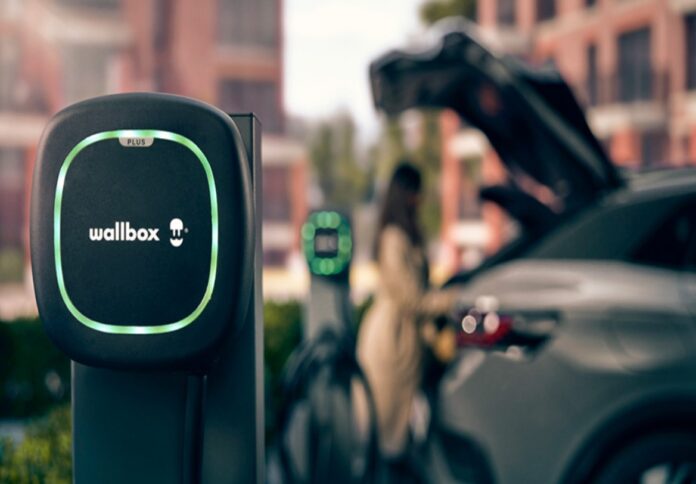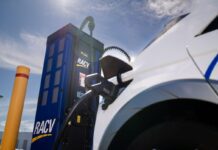
Wallbox, a Barcelona-based smart electric vehicle (EV) charging and energy management provider, has established its Australian and New Zealand headquarters in Melbourne in a push to promote the adoption of electric cars in the country.
Minister for Trade and Investment Tim Pallas announced today the inauguration of the Wallbox operation in the CBD, the latest milestone for Victoria in luring innovative global enterprises to the state.
The New York Stock Exchange-listed company said it chose Melbourne as its Australian and New Zealand headquarters because of the state’s burgeoning renewable energy sector, which is encouraged by the Labour Government’s promise to reach net-zero emissions by 2045.
Wallbox, which was founded in 2015, employs 1,200 workers across Europe, Asia, and the Americas.
The smart EV charging and energy management systems create and produce solutions for households, businesses, and communities that promote sustainable energy use and sharing.
Wallbox is also a pioneer in bi-directional technology, allowing the storage and utilisation of energy from a single EV battery or a fleet of connected EVs.
Minister Pallas said global firms like Wallbox want to be a part of our innovative culture and skilled workforce.
“It’s great to welcome new ground-breaking companies into the mix – it builds jobs, opportunities and expertise across the economy,” the minister stated.
Meanwhile, Wallbox Chief Business Officer Douglas Alfaro noted that Victoria was an ideal location for its ANZ HQ because of its talent, proximity, and leadership in the electric mobility industry.
“We’re excited to continue supporting and facilitating the adoption of electric vehicles throughout ANZ as our local presence grows in Victoria,” Alfaro remarked.
New investments facilitated by Invest Victoria in 2021/22 are estimated to create about 3,700 jobs and produce more than $420 million in wages.
According to fDi Markets, Victoria will attract $8.9 billion in international investment in 2022, far outpacing New South Wales ($6.3 billion).
Overseas investors were especially interested in the Victorian renewable energy ($5.1 billion), software and IT services (almost $600 million), and communications (more than $400 million) industries.

















